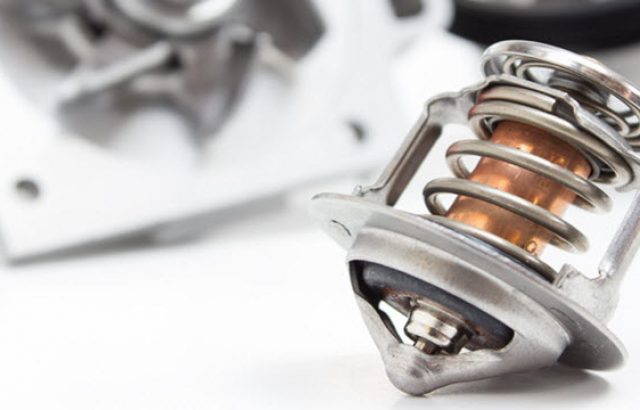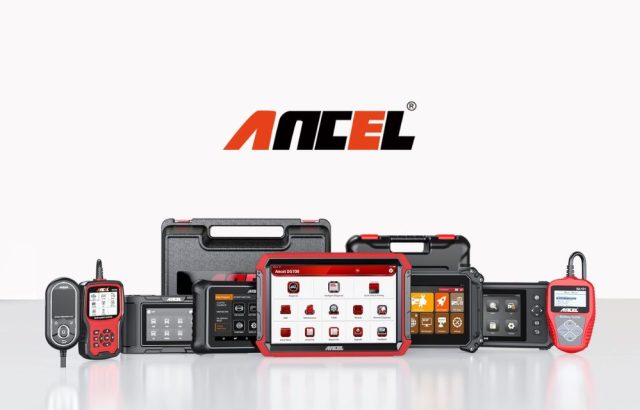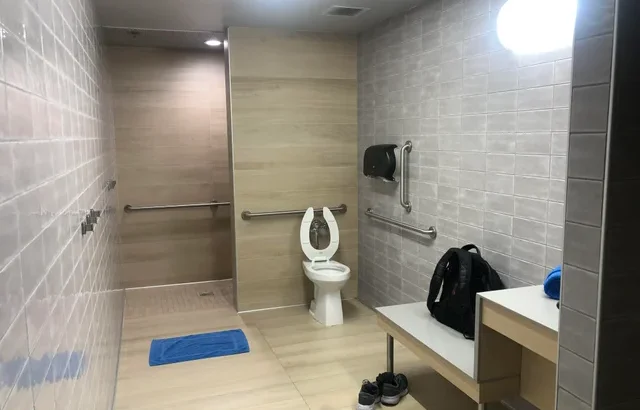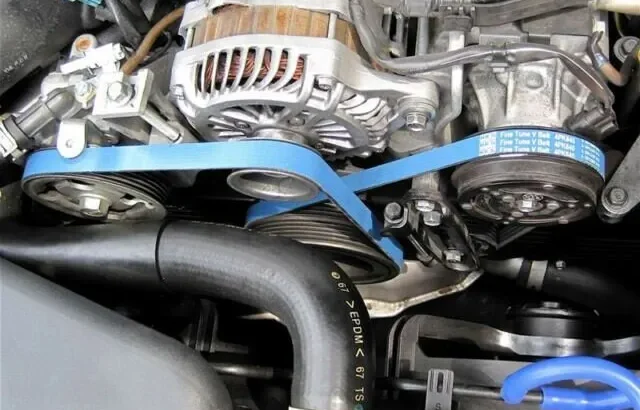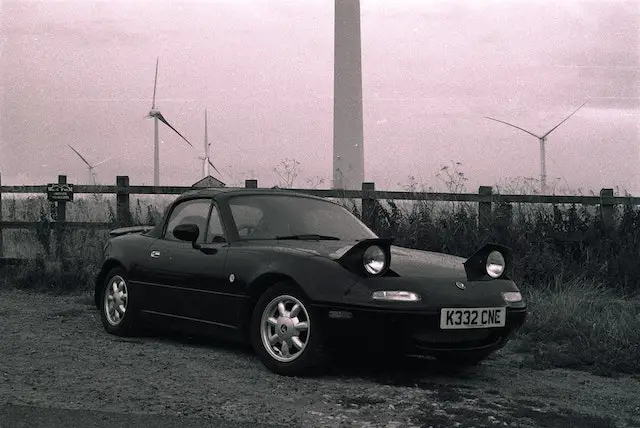
If you’ve ever had your car serviced or repaired, you’ve likely been offered a loaner car.
Loaner cars are temporary vehicles a service center provides to clients and customers while their car is being serviced/repaired.
In this article, we’ll discuss what a loaner car is, the benefits of using a loaner car, types of loaner cars, where to find a loaner car, understanding the terms and conditions of a loaner car, and what documents are needed to rent a loaner car.
What is a Loaner Car?
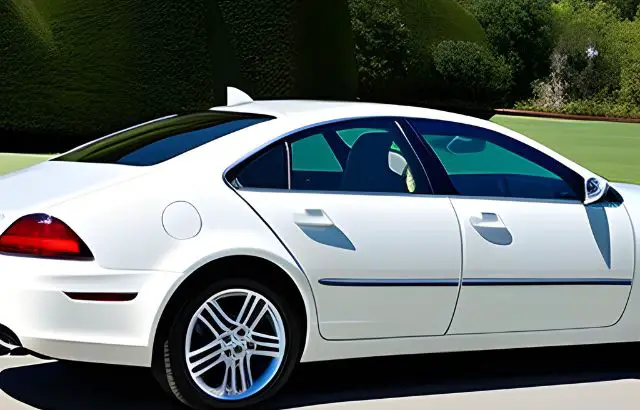
Loaner cars are typically provided free, but some dealerships or service centers may charge a fee depending on the length of time the loaner car is needed.
Loaner cars can be a great option for customers who rely on their vehicles for daily transportation. They allow customers to continue their daily routine without worrying about the inconvenience of not having a car. Additionally, loaner cars can provide peace of mind to customers who may not have access to alternative transportation.
Dealerships and service centers typically provide loaner cars for a variety of reasons.
For example, if a customer’s car requires an extensive repair that may take several days, a loaner car may be provided to the customer in the interim. Loaner cars may also be provided if a customer’s car is involved in an accident and needs to be towed to the service center.
Benefits of Using a Loaner Car
There are many benefits to using a loaner car.

- First, it allows you to continue your daily routine without interruption. You won’t have to worry about finding alternate transportation while your car is serviced or repaired. This is especially helpful if you need to attend work, school, or other important appointments.
- Second, loaner cars are typically well-maintained, clean, and reliable. They are usually the latest models, equipped with the latest technology, and in good condition.
- Third, using a loaner car can be a great way to test drive a car you are considering purchasing. You’ll be able to get a feel for the car’s handling, features, and overall performance.
- Convenience: Loaner cars make it easy for customers to continue their daily routine while their car is serviced or repaired. This is particularly important for customers who rely on their vehicles for work or other obligations.
- Peace of Mind: Knowing you have access to a loaner car can provide peace of mind in case of an unexpected car breakdown or accident.
- Cost Savings: Loaner cars are typically provided free of charge or at a reduced cost, which can help customers save money on alternative transportation options.
- Comfort: Loaner cars are usually newer models and are maintained by the dealership or service center, so customers can enjoy a more comfortable and reliable ride than they might with their own older or less-maintained vehicle.
Types of Loaner Cars
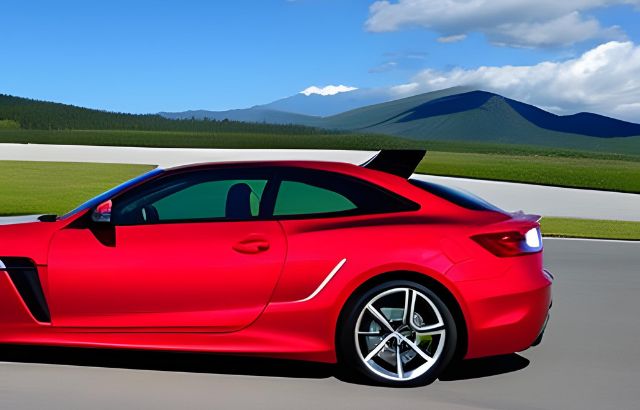
Depending on the dealership or service center, different types of loaner cars may be available. Here are some examples:
Standard Loaner Cars:
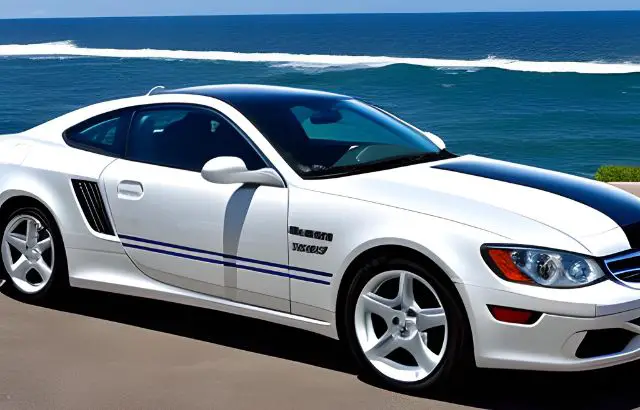
These are typically mid-size or full-size sedans that are reliable and comfortable. They are a great option for customers who need a car to get around while their car is being serviced or repaired.
Luxury Loaner Cars:
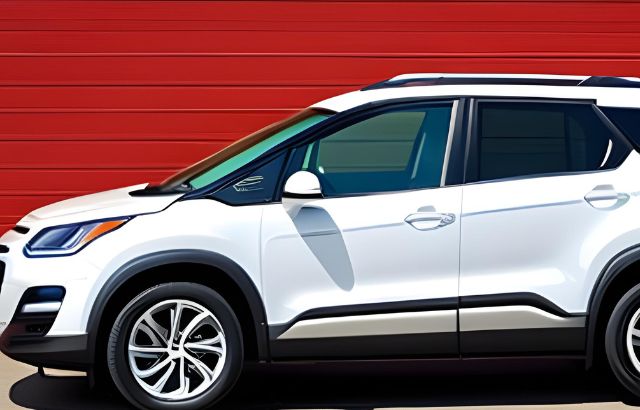
Some dealerships may offer luxury loaner cars to their customers. These cars are typically higher-end models equipped with the latest technology and features. They are a great way to experience luxury cars without purchasing one.
SUVs and Trucks:

Some dealerships may offer loaner SUVs or trucks if you need a larger vehicle. These vehicles are great for families or customers transporting large items.
Where to Find a Loaner Car
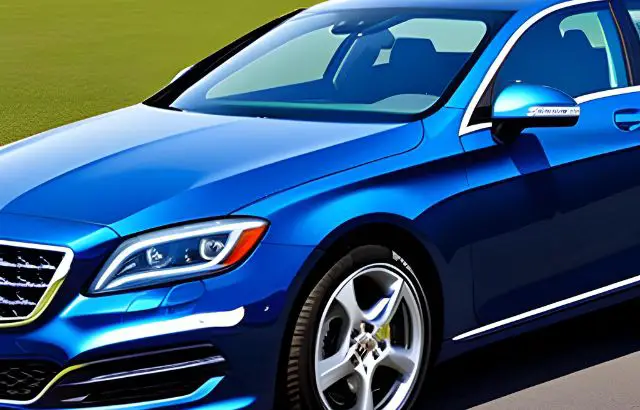
If you need a loaner car, your first step should be to contact the dealership or service center where your car is being serviced or repaired. They will be able to provide you with more information about their loaner car program, including availability, pricing, and the types of available cars.
Understanding the Terms and Conditions of a Loaner Car

Before you take out a loaner car, it’s important to understand the terms and conditions. Some things to consider include:
Insurance: Ensure you understand the insurance coverage provided by the dealership or service center. You may need to purchase additional insurance to cover any damages that may occur while you are driving the loaner car.
Mileage Limits: Some loaner car programs may have mileage limits. Make sure you understand these limits before you take out a loaner car.
Fuel Requirements: You may be required to fill up the tank before you return the loaner car. Ensure you understand the fuel requirements before taking out the loaner car.
Condition of the Loaner Car:

- Inspect it for any damages or issues before you drive off with the loaner car.
- Take note of any scratches, dents, or other imperfections.
- Document these issues with the dealership or service center to avoid any charges for pre-existing damage.
Additional Fees: Some dealerships or service centers may charge additional fees for the loaner car, such as a cleaning fee, fuel surcharge, or late return fee. Ask about any additional fees before you take out the loaner car.
By understanding the terms and conditions of a loaner car, you can avoid any surprises and have a hassle-free experience.
What Documents Are Needed to Rent a Loaner Car?

To rent a loaner car, you will need to provide certain documents. These documents may vary depending on the dealership or service center but typically include the following:
- Driver’s License: You’ll need a valid driver’s license to rent a loaner car. Make sure your license is current and in good standing.
- Insurance Card: You may be required to provide proof of insurance before you can rent a loaner car. Make sure you have a current insurance card on hand.
- Credit Card: Some dealerships or service centers may require a credit card to be put on file in case of any damages or fees incurred while you have the loaner car.
- Service Order: The dealership or service center may require a copy of your car’s service or repair order. This helps them keep track of your car’s service history and ensures that the loaner car is returned when it is ready.
Having all the necessary documents when you rent a loaner car is important. This will help ensure a smooth and hassle-free experience.
Tips for Using a Loaner Car

If you’ve decided to use a loaner car, there are some tips to keep in mind to ensure a positive experience:
- Be Respectful: Remember that the loaner car is not your car, so respect it. Treat the car as if it were your own, and avoid smoking, eating, or drinking in the car.
- Follow the Rules: Make sure you follow the rules and regulations set by the dealership or service center. This includes mileage limits, fuel requirements, and rental periods.
- Keep it Clean: Return the loaner car in the same condition it was in when you received it. Make sure to clean out any trash or debris and wipe down the surfaces.
- Report Any Issues: If you notice any issues with the loaner car, such as strange noises or warning lights, report them to the dealership or service center immediately. This will help prevent any potential damage or accidents.
My Opinion
A loaner car can be a great option for customers who need a temporary vehicle while their car is being serviced or repaired.
It allows you to continue your daily routine without interruption and can be a great way to test drive a car you may be considering purchasing.
Before renting a car, understand the types of loaner cars, where to find them, and the terms and conditions. Make sure to have all the necessary documents on hand and ask any questions you may have before taking out a loaner car.

I am an Automotive specialist. I graduated from Michigan with Bachelor in Automotive Engineering and Management. Also, I hold degrees in Electrical and Automation Engineering (BEng), Automatic and Industrial Electronic Engineering, and Automotive Technology. I have worked at General Motors Company for over five years as the Marketing Operations Production Coordinator. Now, I own my garage in Miami, Florida. I love cars and love to share everything about them with my readers. I am the founder of the Automotiveex blog, where I share everything about automotive, like car news, car mechanical issues, and anything else that comes up in my blog posts.





